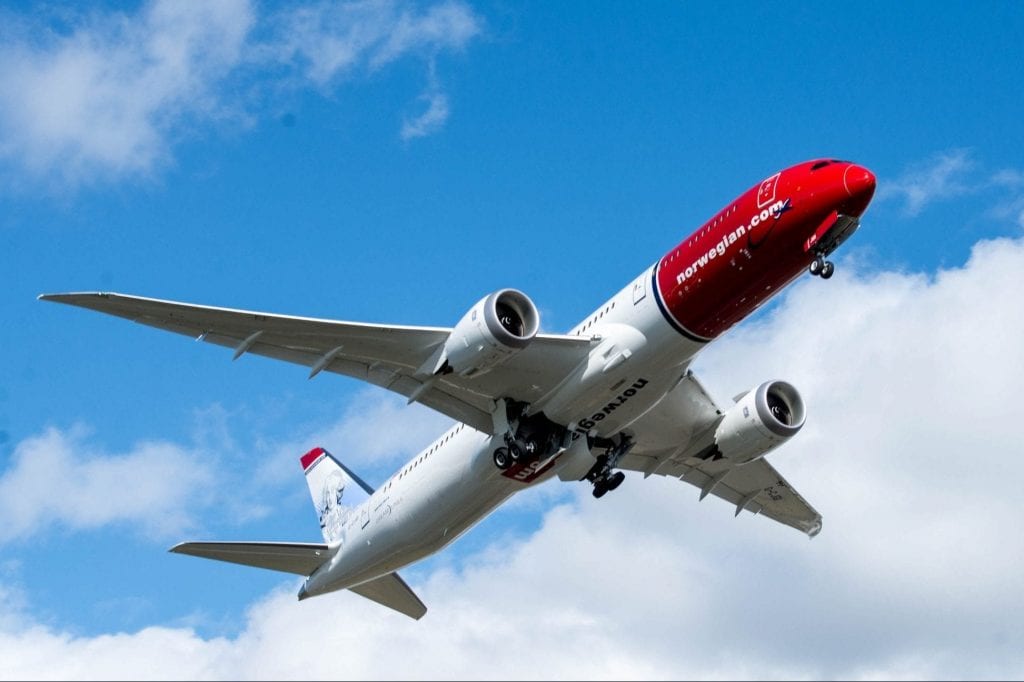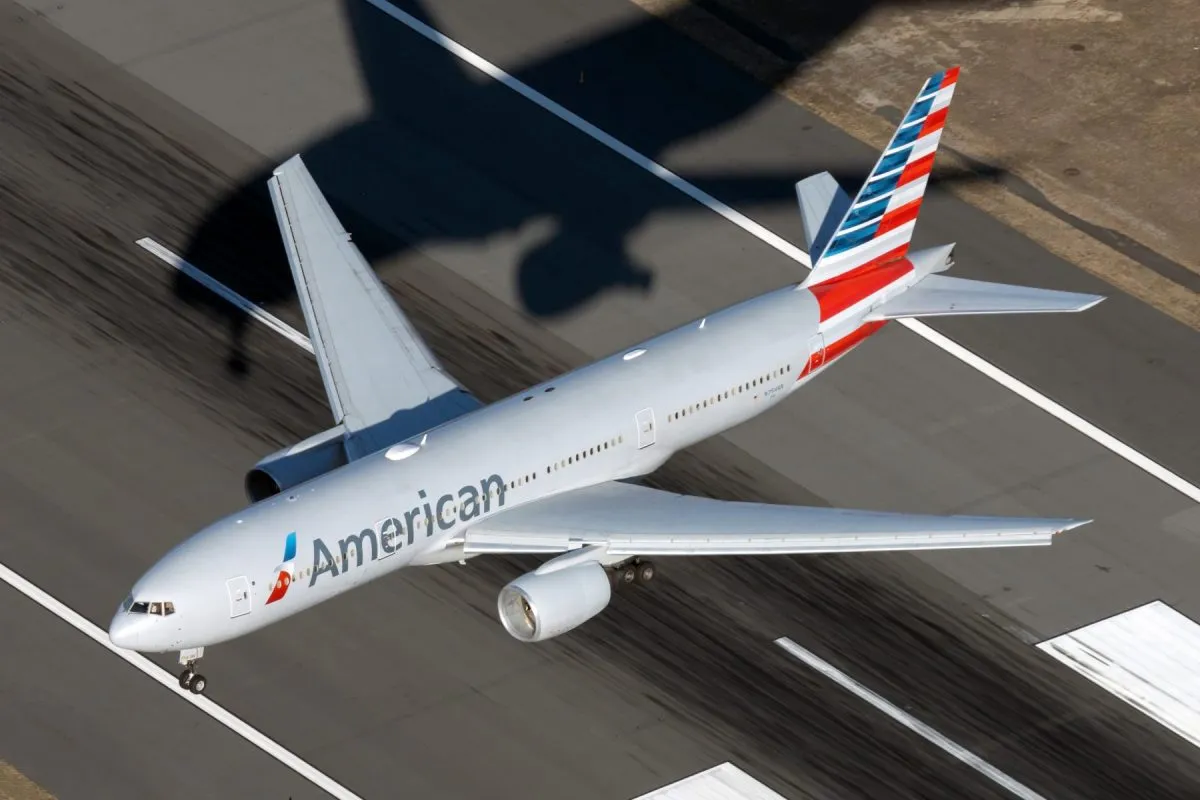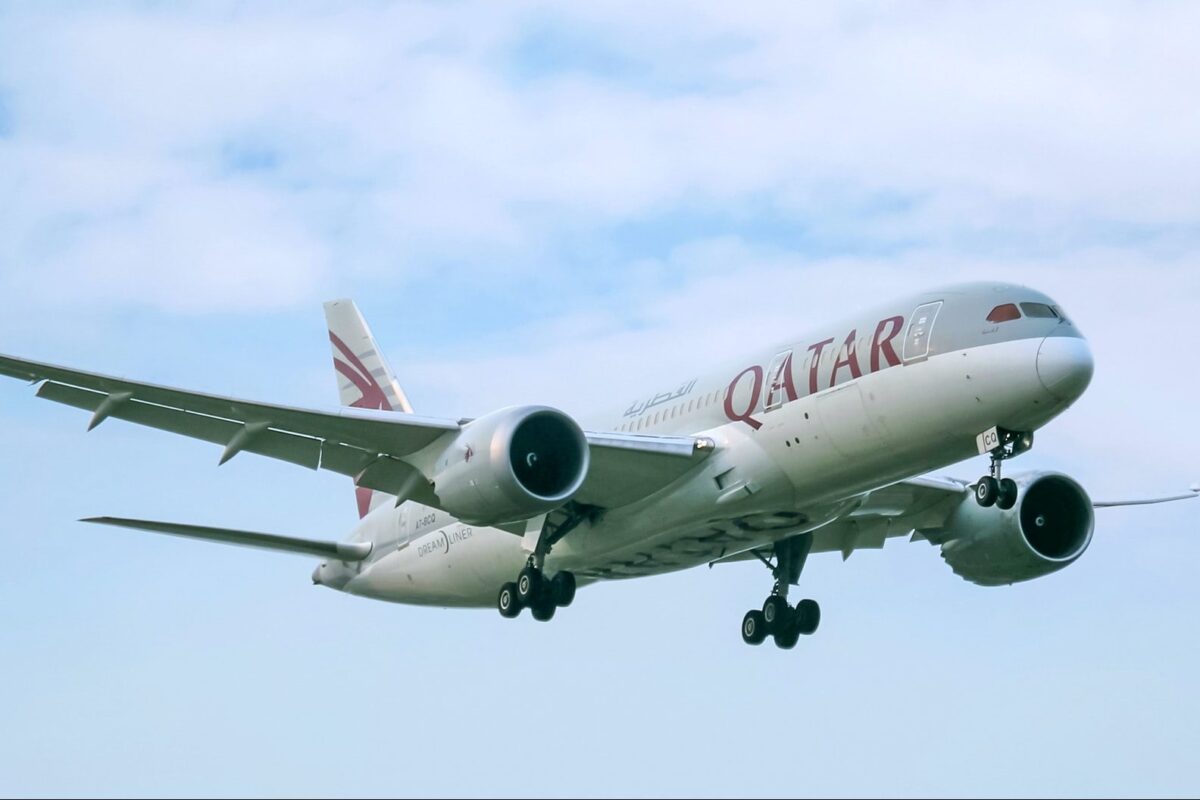Norwegian Air's Future Is Still a Matter for Speculation

Skift Take
With speculation swirling about the future of Norwegian Air, including a possible bankruptcy, executives on Thursday acknowledged for the first time the airline is in talks to form a joint venture — and that those talks are in advanced stages.
CEO Bjørn Kjos and CFO Geir Karlsen were sketchy on details during their third-quarter results presentation but did say that discussions were far along. It is not clear whether the deal is with another airline.
Earlier this year British Airways owner IAG said it was looking at making an offer for the airline, having built up a small stake. As of yet it has not yet made a formal approach and in August IAG CEO Willie Walsh said he would look to sell the shares.
Over the past few months Norwegian has offloaded eight of its ordered Boeing 737-800 aircraft to raise cash and it sounds like the joint venture will find a home for more of the airline’s extensive order book.
“On the [joint venture], this is a process that has been going on for a while. And the only thing we can see now that it's in advanced discussions and hopefully, we can come back with more firm feedback shortly,” Karlsen told analysts. Bloomberg News reported Thursday the joint venture could result in a $1 billion cash infusion for Norwegian.
Kjos noted that the joint venture wouldn’t just be about offloading unwanted aircraft but would also include aircraft Norwegian wanted to use itself.
“We're looking for a partner that has significant capacity in order to contribute with capital, not only to invest equity into a [joint venture], but also to be a factor when it comes to financing on the same aircraft,” Karlsen said.
Fuel Price Relief
One bright spot for Norwegian is that fuel prices are trending downwards from the highs of $80+ a barrel seen earlier this year. Another positive for the airline is the emergence of a potential joint venture partner.
Norwegian saw its aviation fuel costs increase 85 percent to $443 million during the third quarter, highlighting how difficult the environment is for an airline with limited fuel hedging. Hedging is a way for airlines to protect themselves against market fluctuations by buying in fuel at set price. As a comparison Ryanair is 90 percent hedged for its 2019 fuel needs, whereas Norwegian is only at 22 percent. However, if fuel prices do come down, Norwegian will be the one to benefit.
Asked about the airline's forthcoming winter season, Kjos said it all depended on fuel costs.
“If the oil price goes to [ $100 ] I think, a lot of companies have to be concerned. Well, we have seen it trend downwards, and that's very good…as for the time being, it looks quite fine, but you never know when going forward,” he said.
Third Quarter Results
Despite rising fuel costs and other setbacks, Norwegian actually had an impressive quarter.
Revenue increased 33 percent to $1.6 billion with pre-tax profit up 13 percent to $192 million.
Ancillary revenue grew 28 percent during the quarter to $231 million, an area the airline is looking to concentrate on in the future. This may include changing the airline’s carry-on baggage policy, which currently allows all passengers to bring two bags on board free of charge
“I cannot say it straight out, but obviously, we are looking at [it],” Kjos said.




